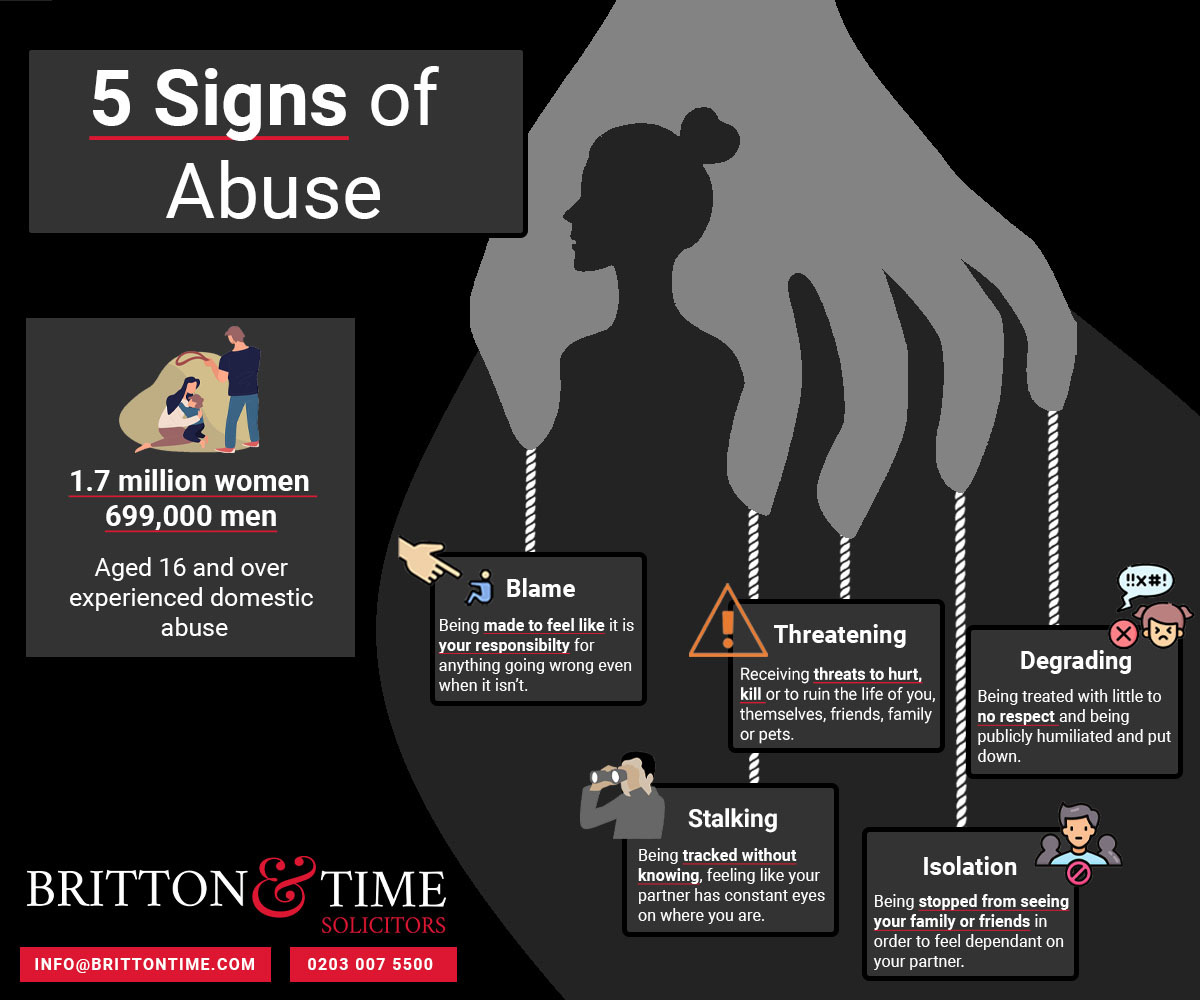In continuation of our “top 5 divorce tips” last month, we again speak to Paul Britton, a top divorce lawyer in London’s Mayfair, about how to tell when Mr Right becomes Mr Wrong.
Chapter 1: The Honeymoon Period
You steal a glimpse at each other at the bar. You made eye contact but quickly look away, not wanting to give away the fact you think he’s handsome. He has a nice smile, but you didn’t get a good look at his teeth – are they pearly? Straight? Veneers?
You glance over again to confirm, only to be caught looking. He smiles and makes his way over…
Or perhaps you just swiped right and the rest is history, but that’s far less romantic. Regardless, the story of every relationship inevitably starts with the honeymoon period. A period where you’re both getting to know each other, where everything is exciting, fresh and unknown. Where the future holds everything and the past nothing. You’re happy, you want to see each other all the time and the sex is frequent and exciting.
You’ve found your soul mate.
For most, the honeymoon period will last months, years even, taking many couples into marriage – but you may still not really know who your partner is.
Chapter 2: Don’t you want to spend time with me?
Over time, you settle into each other’s lives and you find your rhythm as a couple. You’ve met each other’s families and get on well with each other’s friends, but recently, he never seems to want to see yours.
You tell him you’re seeing Angela on Friday night after work and he turns around sharply. “But I’ve booked dinner for us at your favourite restaurant!”
You cancel your plans with Angela. It’s only one Friday after all and she’ll understand. You’ve been friends since childhood, you know everything about each other and she won’t mind. After all, you can just do next week instead.
Next Friday comes around.
“Let’s have a quiet night in.”
“No, I told Angela we would go for drinks tonight as I didn’t see her last week.”
“But I’m your partner… don’t you want to spend your Friday night with me?”
Your heart drops. You feel a slight pang of guilt. You’d rather spend your Friday night in with him anyway, right? Maybe not, but Angela can wait. He’s your partner after all.
Before you know it, 2 months have passed. Angela hasn’t bothered to text you or to check in with you for weeks. You want to text her, but you’re embarrassed. You let her down but you don’t tell your partner – she’s your friend and it’s your fault after all.

Chapter 3: Don’t worry about him, that’s just how he is
It’s been a few years now and your parents are over for a Sunday roast. You’ve prepared the chicken and it’s all in the oven.
You go to get dressed in something a little bit nicer for dinner and your partner comes in to find his glasses. He looks over while you’re changing and tells you you’ve put on weight. That your parents must hardly recognise you the way you look. He leaves.
You look at yourself in the mirror. Perhaps you are gaining weight – but you did just have twins. But did he have to be so… blunt? You tell yourself it’s good that he told you. He’s only looking out for you.
You head out to check on the yorkshires and your mum makes a beeline for you.
She heard what he said and asks if you are ok.
“He’s always been like this: all the tact of a teapot. That’s just how he is.”
You carve the chicken up. You love thigh meat but give yourself breast instead – it’s not as fatty. Perhaps you’ll put one of those kievs that you planned on making for you both tomorrow in the freezer and make a salad instead.
You read about control and coercion online the other day but make nothing of it. He’s always been like this.
Chapter 4: Where are you really?
You get a call and it’s your husband. You decline it as you’re in the middle of putting the duvets in at the dry cleaners. It rings again. You pick up.
“Where are you?” he demands.
You’re confused – why does he sound so angry? You tell him you’re going to the supermarket.
“You’re lying, you’re not there. I can hear it in your voice. Where are you really?”
You’re confused – how does he know? More importantly, why does it matter? You’re going to the supermarket after the dry cleaners, but he’s never cared about you doing either of those things before. You Google it and see there are ways to track the location of your phone. You check your phone settings. Location services are switched on, but you don’t remember turning it on.
He tells you he switched it on to ensure your safety, but he didn’t think to share his location.
You don’t turn it off. You don’t want to make him angry, not like he was when you stayed for an extra drink with your sister last weekend. Is this healthy? Should you fear your husband?
Chapter 5: Consequences
It’s not right. You can’t even stay to chat to the mums after the school run without him berating you.
You threatened to leave him the other day. Was it a mistake?
He said he would hurt the children or himself if you leave. That he would share those pictures we took that night together and make them public. You can’t let that happen, what would the other mums think of you?
You decide to speak to a solicitor online. He won’t suspect you if you’re at home.
What should you do?
I see cases like this every day. Sometimes it can take weeks, sometimes years, but controlling and coercive behaviour is all too common. And it’s by no means exclusive to men.
As a victim, it can be extremely difficult to tell whether you are being controlled or whether your partner is just generally unpleasant. Some signs like having your location tracked, or being threatened with violence are obvious, while others, such as being consistently put down over a period of time, are more insidious, but can be even more harmful.
Many perpetrators will try to isolate their victims and deliberately try to cut them off from friends and family.
But luckily, with the growth of virtual meeting software like Zoom and Teams, there are now many options available to people who think they may be victims of control and coercion, or who fear the consequences of brandishing the word ‘divorce’ in front of their partner.
We try to make it as easy as possible for people looking to start their divorce by offering a range of ways to meet. If you’re worried about revealing your intentions, it can be worth creating an alternative email address for correspondence, or asking the law firm you contact not to call, or to be discreet.
A good law firm will also be sensitive to your circumstances by avoiding any reference to divorce when contacting you, asking if it’s convenient to speak and leaving generic voicemails for your protection.

Finding the right advice
Speaking to a divorce solicitor is only one piece of the puzzle. Getting the right support is vitally important to either prepare you for the exit or see you though the process. In several cases, there might be a need for further ongoing support.
The following charities all work with victims of domestic abuse:
Women can contact:
Refuge
https://www.nationaldahelpline.org.uk/en
0808 2000 847
Men can contact:
Respect
https://mensadviceline.org.uk/
0808 8010327
ManKind Initiative
01826 334244
If you would prefer an LGBT+ focused charity:
Galop
0800 9995 428
For forced marriage and honour crimes, anyone can call:
Karma Nirvana
0800 5999 247
In an emergency, call 999.
You may also like





